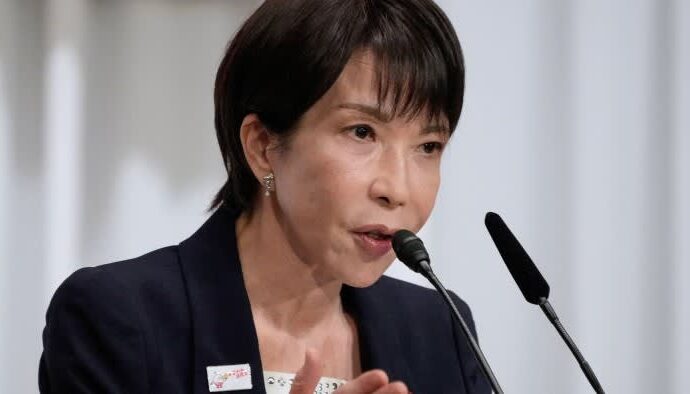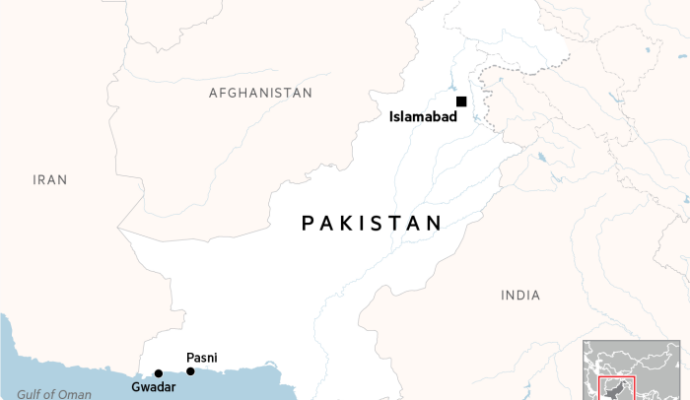China’s investment banks have slashed fees for bond issues to as low as $100 as price-sensitive state-owned issuers dominate a tepid credit market and stoke a race to the bottom to win mandates.
Bankers said the pressure to undercut rivals had become acute this year as state-owned enterprises — which often select underwriters based on deal experience and price — had become the most active bond issuers and private companies, which often issue high-yield debt, pulled back.
China’s bond market regulator, which has expressed concern about unsustainably low fees, this month said it would probe a Rmb35bn ($4.8bn) debt sale over suspicions that the issuer, China Guangfa Bank, pushed underwriters to bid low rates. Six underwriters charged a combined fee of 0.0002 per cent, with China Galaxy Securities and Industrial Bank winning their bids for just $98 each.
“What we’re seeing is genuine overcapacity in investment-grade bond underwriting,” said a Beijing-based banker at a state-owned securities group who asked not to be named. “The headline fee [pitched by banks] might look decent, but the final bid is a giveaway.”
“These ultra-low bids are all about winning mandates and staying in the game,” said a Shanghai-based banker who works on listings.
China Guangfa Bank, China Galaxy Securities and Industrial Bank did not respond to requests for comment.
The low bids show how China’s cut-throat price wars, which have affected sectors from electric vehicles to food delivery, have bled into investment banking. Authorities have condemned severe price competition, which threatens to fuel deflation in a slowing economy. President Xi Jinping last week warned against over-investment in artificial intelligence and EVs.
Bond and equity issuance in China suffered a record low last year, affected by a sluggish economy, weak investor sentiment and tensions between Beijing and Washington. Although issuance has picked up this year, with bond deals up by more than half so far this year, according to LSEG data, and secondary listings in Hong Kong also higher, the flow has not been enough to meet demand for work.
In the first half of the year, more than 140 mainland banks chased $1.1tn of bond deals. Government-owned groups accounted for just over half the issuers, and financial institutions made up 30 per cent.
“Corporate credit demand is tepid due to a still challenging business and macro outlook,” said Zerlina Zeng, senior director and chief Asia credit strategist at CreditSights. “Many private companies and local government financing vehicles [which raise money for local government projects] are using cheaper bank loans to refinance and fund capex or working capital needs.”
As a result, state-owned enterprises have dominated the bond market, leading to bids at or near zero as underwriters try to land deals and move up industry rankings, according to the Beijing-based banker.
“When state-owned clients select underwriters, league table rankings [based on past deal size] over the past three years are a key metric,” said the banker. “If you’re not in the top 10 or even the top three, you’re unlikely to even get shortlisted in the bid.”
The price war has also engulfed the underwriting of initial public offerings. With listings in the mainland down 11 per cent year on year in the first half, Chinese banks have chased a surge of secondary floats in Hong Kong, putting the squeeze on western rivals.
Citic Securities and CICC have overtaken Goldman Sachs and Morgan Stanley in terms of deal size on Hong Kong listings this year, helped by fees of less than 1 per cent, according to LSEG data.
Bankers involved in Hong Kong’s biggest flotation this year, the $5bn secondary listing of EV battery maker CATL, booked base fees of just 0.2 per cent, according to exchange filings. Some banks pitched rates as low as 0.01 per cent, the Financial Times previously reported.
Even with an extra 0.6 per cent in discretionary fees, the total payout was well below the average of 4.2 per cent for Hong Kong listings this year, according to Wind data. The five biggest Hong Kong floats this year, including Hengrui Pharmaceuticals and soy sauce maker Haitian, all carried base fees below 1 per cent.
Market watchers remain sceptical that regulators can reverse the trend, especially since China’s securities watchdog has encouraged financial institutions to lower fees on retail products such as mutual funds, said Yiran Zhong, an analyst at S&P Global Ratings.
“Fee compression is a broad trend across securities firms’ business lines,” said Zhong, adding that banks could make up for losses in underwriting by selling other products.
“Regulators have long warned about malicious lowball bids, but clients still welcome them,” said the Shanghai-based banker. “Even if there are penalties, they’re often symbolic, a fine of Rmb100,000 or Rmb200,000 at most. For underwriters, it barely matters.”
Additional reporting by Haohsiang Ko in Hong Kong

